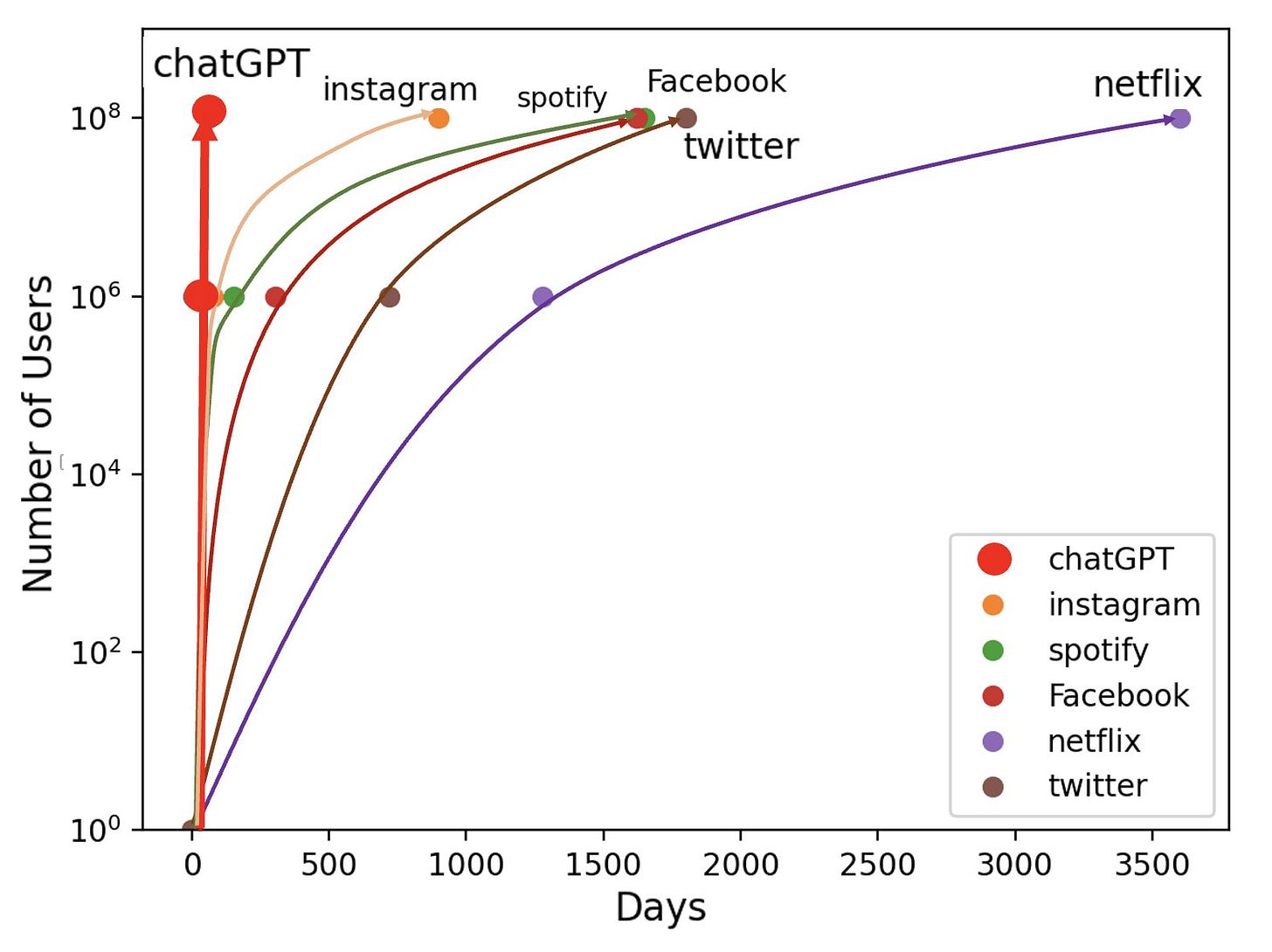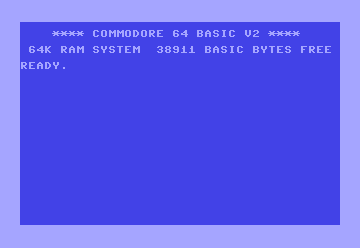Morfternight #82 🌃 Good Night!
What happens when every human can program a computer?
This is Morfternight at Night, a newsletter about Artificial Intelligence.
More information about the Morfternight newsletters is available here.
Life is not binary
We can’t have nuanced conversations very easily these days, as every debate apparently has to be polarized to generate engagement and clicks. This, of course, includes conversations about Artificial Intelligence (AI).
I decided to dive deep into the AI world and share my explorations with you here as I go. So it seems preferable, before jumping into practical examples of use, to share my current position on a couple of these ultra-polarized debates.
A recent example you have most likely witnessed is the debate about ChatGPT, GPT-4, and Large Language Models in general, to determine whether they are super intelligent sentient beings or dumb as fuck.
Of course, the answer is neither. In this first issue of Morfternight at Night, I’d like to explain how I think ChatGPT is a revolutionary tool and why the emphasis should be on the word “tool.”
The early days
In the early days of computers, you were usually welcomed by a short message and a blinking cursor after you booted one. This indicated that the computer was ready for your input.
Without any programming knowledge, the computer was not helpful.
Even to load a program, you had to know the syntax of the relevant commands.
Computers were only accessible to a small percentage of people who knew how to program them.
Over time, user interfaces have become much more user-friendly, and now almost everyone has a mobile device.
However, unlocking the full potential of our devices is still only possible for professional developers. Regular users are limited to using apps created and distributed by software companies.
Imagine an iPhone without any apps. What would you do with it?
Interfaces evolve
Programming languages have evolved. CPUs still work with binary 0s and 1s, which humans do not easily understand. Over time, we have created interpreters, compilers, pre-processors, libraries, application frameworks, and even no-code platforms to simplify giving computer instructions.
Software development has become more accessible. But until recently, we had to adapt to the computer language, not the other way around.
Isn’t that ironic for devices that have become pervasive in our lives and are meant to make them easier?
Consider this for a moment.
Screens and keyboards replaced physical punch cards, the mouse joined the keyboard, and now we tap directly on a screen. But how many buttons, menus, date or time selectors, and other user interface elements do you use daily?
How often have you had to download a new app because none of the dozens you had could do the task you needed?
Why is it that we constantly need to learn how these machines work instead of them learning how we function and adapt to us?
Enter chatGPT
This is how fast ChatGPT userbase has increased.

(Yes, the chatGPT line is the one that overlaps the y-axis).
People are adopting this tool quickly and in large numbers. This is because it is the first time ever that anyone can use these powerful tools without needing to learn a programming language or search for an app programmed by someone else.
This is not about whether ChatGPT is an ultra-intelligent sentient being (also known as Artificial General Intelligence, or AGI) or whether it’s dumb.
ChatGPT is a tool allowing any human to harness the power of computers without having to learn a programming language or rely on someone else who did.
Now, of course, it still has limits. It’s a very early version of such a tool, but dismissing it because of those limits is like rejecting the mouse in 1980 because graphic user interfaces didn’t yet exist or the iPhone in 2007 because there was no app store.
ChatGPT has brought the type of interactions with computers we see in science-fiction movies into our lives.
Here’s a recent presentation and demo of the capabilities that will be activated in the near future by Greg Brockman, co-founder and President of OpenAI, the company behind ChatGPT.
We may be on a path toward AGI, and the potential danger of this path is a different debate. We will certainly take part in it. But before computers take control, I find it fascinating to give everyone access to them.
Before you worry that ChatGPT will replace us all and make us jobless, remember that before the industrial revolution, 80% of the world's population were farmers, but now that percentage is down to 2%.
Computers have enabled us to make remarkable progress. It is estimated that there are 20 million developers worldwide, which is 0.25% of the human population.
What can we achieve when we multiply that number by 400?



